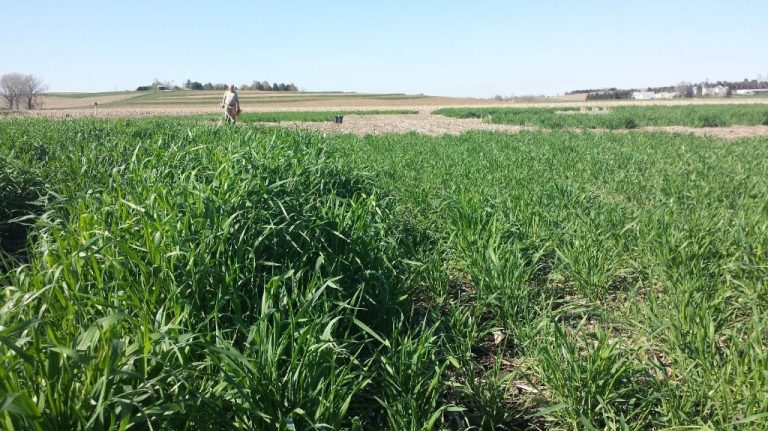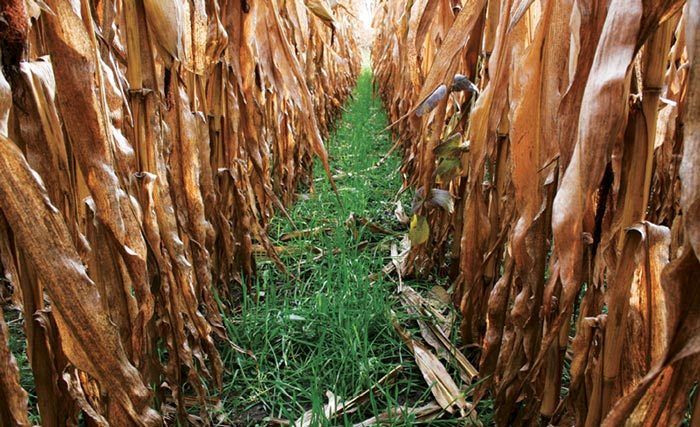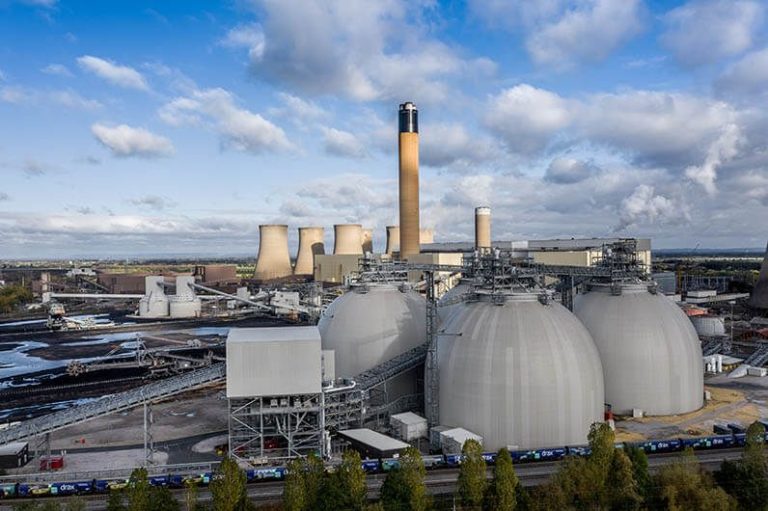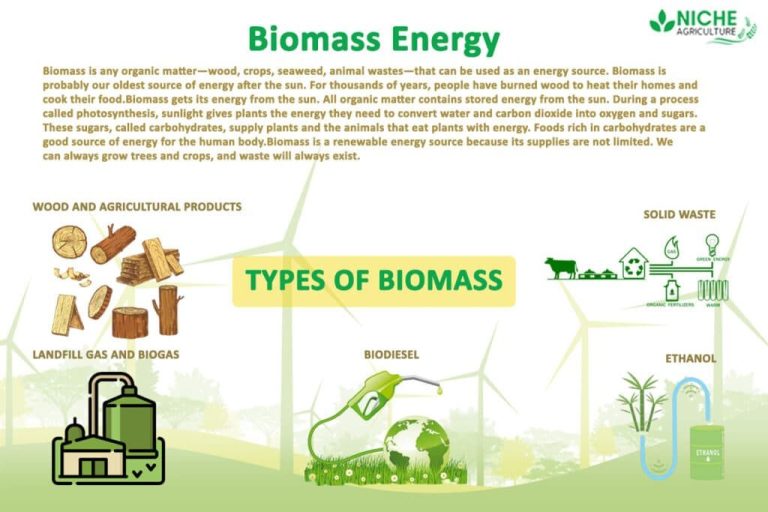What Company Makes Biofuel?
Biofuels are fuels made from biomass, which is organic matter derived from living or recently living plants and animals. They provide an alternative to fossil fuels and help reduce greenhouse gas emissions when burned for energy. Some common biofuels include ethanol, biodiesel, and biogas.
Biofuels can be produced from many types of feedstocks, including crops like corn and sugarcane, agricultural residues like corn stover, forestry materials like wood chips, and even organic waste. Various conversion processes are used to turn the biomass into usable liquid fuels. Bioethanol, for example, is made by fermenting sugars from crops like corn. Biodiesel is produced by extracting oils from crops like soybeans and converting them through a chemical process called transesterification. Biogas is generated by the anaerobic digestion of organic matter like animal manure.
Biofuels are renewable since the feedstocks can be replanted and regrown. They provide an alternative to petroleum-based transportation fuels like gasoline and diesel and can help reduce greenhouse gas emissions when used as vehicle fuels. Many countries have policies in place to increase biofuel production and use as part of strategies to enhance energy security and address climate change.
Brief History of Biofuel Production
The history of biofuel production dates back centuries, with early use of vegetable oils and ethanol in engines. However, biofuel production started gaining broader popularity in the late 19th and early 20th centuries. Rudolf Diesel demonstrated that vegetable oil could be used as a fuel in diesel engines in 1900 [1]. Henry Ford also designed early automobiles to run on ethanol in the 1920s [2].
In the 1970s, rising oil prices and environmental concerns led many governments to foster biofuel production. Brazil launched the Proalcool sugarcane ethanol program in 1975, while the US passed the Energy Tax Act of 1978 promoting ethanol fuel. Biofuel production grew further in the 1990s and 2000s due to factors like the phasing out of leaded gasoline and emerging climate change concerns [3].
Currently, global biofuel production has reached over 155 billion liters annually. The US and Brazil are the top biofuel producers, together accounting for over 80% of world production. Biofuels now make up about 4% of global road transport fuel. While still a small share, biofuel production has grown significantly and is continuing on an upward trend.
Major Biofuel Producing Companies
Some of the largest companies producing biofuels include:
Archer-Daniels-Midland Company – Illinois
This American global food processing and commodities trading corporation produces not just ethanol and biodiesel, but also processes agricultural products into various goods. In 2021, they produced 5.4 billion gallons of ethanol from corn and soybeans. [1]
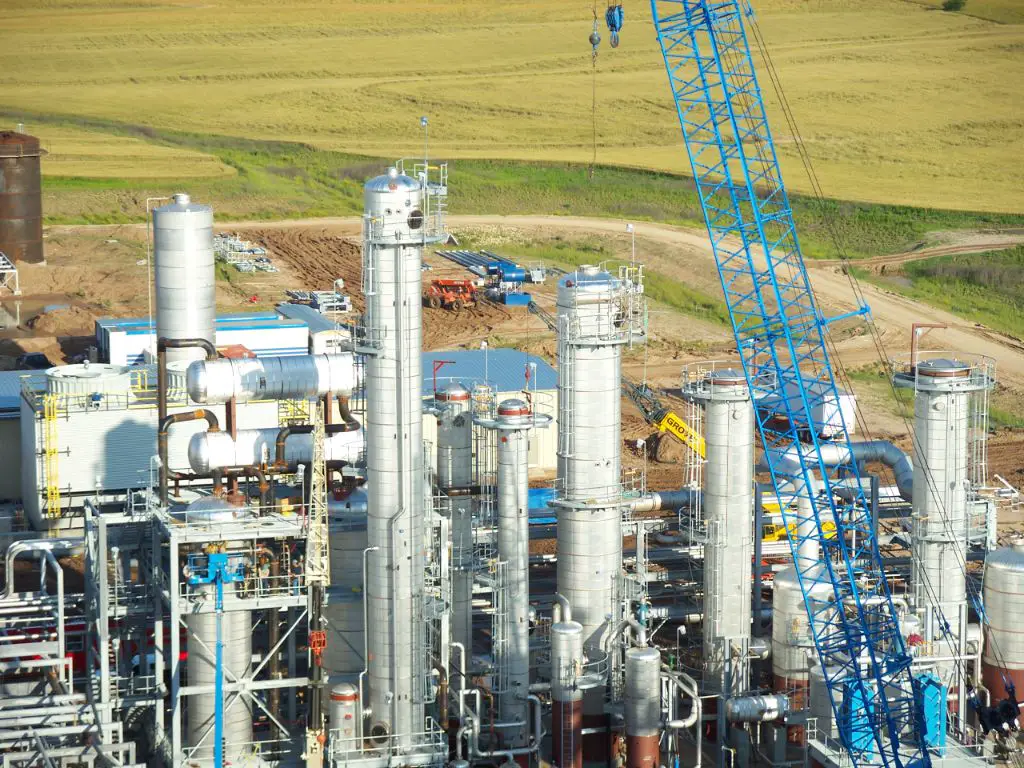
POET – South Dakota
Founded in 1987, POET is now among the world’s largest producers of biofuels. They have 33 biofuel plants across 8 different states that can produce up to 2 billion gallons of ethanol annually. [2]
Valero Energy Corporation – Texas
Headquartered in San Antonio, Texas, Valero operates 14 ethanol plants in the central plains of the United States that have a combined production capacity of 1.73 billion gallons per year.[3]
Flint Hills Resources – Kansas
This leading refining, biofuels, and ingredients company operates 7 biofuel plants capable of producing 820 million gallons of ethanol per year. They also have a biodiesel plant in Iowa.[4]
Marathon Petroleum Corporation – Ohio
With ethanol plants across the Midwest, Marathon Petroleum has an annual production capacity of over 600 million gallons of ethanol. They are one of the largest petroleum refining, marketing, and transportation companies.[5]
[1] https://www.admi.com/our-company/biofuel-and-ethanol
[2] https://poet.com/about
[3] https://www.valero.com/en-us/AboutValero/Pages/Biofuels.aspx
[4] https://www.fhr.com/businesses/renewables
[5] https://www.marathonpetroleum.com/Operations/Refining/Ethanol_Production/
Biofuel Production Methods
There are several main methods used to produce biofuels from raw materials like plants and agricultural waste:
- Fermentation – This process uses yeast or bacteria to convert sugary feedstocks like corn, sugarcane, or cellulosic biomass into ethanol fuel. The sugars are broken down into ethanol and carbon dioxide. Brazil relies heavily on fermenting sugarcane juice to produce ethanol fuel.[1]
- Transesterification – This involves reacting vegetable oils, animal fats, or greases with alcohol using a catalyst to produce biodiesel. Soybean oil, palm oil, canola oil, and waste cooking oil are common biodiesel feedstocks that undergo transesterification.[2]
- Gasification – High heat and pressure with limited oxygen is used to convert biomass into a gas mixture called syngas. This syngas can then be processed into fuels like ethanol, methanol, hydrogen, and synthetic diesel.
- Pyrolysis – Heating biomass like wood, corn cobs, or switchgrass in the absence of oxygen produces a liquid bio-oil that can be refined into transportation fuels.
The choice of production method depends on the type and form of biomass feedstock available. The goal is to efficiently extract energy from renewable raw materials to produce clean burning biofuels.
Uses of Biofuels
Biofuels have several major uses, with the most common being as transportation fuel, for electricity generation, and for heating and cooking purposes.
One of the primary uses of biofuels is as a renewable transportation fuel. Ethanol and biodiesel are commonly blended with gasoline and diesel to reduce dependence on fossil fuels. According to the U.S. Department of Energy, ethanol accounted for 10% of the gasoline fuel supply in 2019.1 Biodiesel is also increasingly being used as a diesel alternative. These biofuel blends can power vehicles with standard internal combustion engines.
Biofuels are also used to generate electricity. Biomass from agricultural wastes, grasses, wood, and algae can be burned directly or converted into syngas or bio-oil for electricity production. The Energy Information Administration reported that about 17% of renewable electricity in the United States came from biomass in 2020.2
In addition, biofuels provide renewable options for heating homes and businesses, as well as for cooking. Wood pellets, biogas, ethanol, and biodiesel are some biofuels that can replace non-renewable heating oil, natural gas, propane, and other fossil fuel-based heat sources.3
Benefits of Biofuels
Biofuels provide several key benefits compared to traditional fossil fuels like gasoline and diesel. As renewable energy sources, biofuels can be produced over and over, while fossil fuels take millions of years to form and exist in finite quantities. Biofuels like ethanol and biodiesel can be made from agricultural crops that are grown annually. Using biofuels reduces dependence on fossil fuels, many of which come from politically unstable regions. Biofuels are also cleaner burning than gasoline and diesel, producing lower emissions of greenhouse gases that contribute to climate change. Switching to biofuels can help countries and communities achieve energy independence while creating economic opportunities for farmers and rural areas that supply the feedstocks.
As renewable fuels, biofuels can be produced repeatedly to match energy demands, unlike fossil fuels which exist in fixed amounts and take eons to replenish. Crops like corn, sugarcane, and soybeans can be grown year after year to manufacture biofuels like ethanol and biodiesel. This contrasts sharply with fossil fuels, which are finite resources that must be extracted from the earth.
Using domestically produced biofuels reduces dependence on imported fossil fuels. Many major oil producing nations face political instability or hostilities with fuel importing countries. With biofuels, fuel supplies can be generated locally, improving energy security. This domestic energy source can also provide income to farmers and economic development for rural communities.
Biofuels burn cleaner than petroleum fuels, emitting fewer greenhouse gases linked to climate change. Biodiesel emits 50% less carbon dioxide than diesel, while corn ethanol cuts greenhouse gas emissions by 19-48% compared to gasoline. Using more biofuels decreases the environmental impact of transportation.
Challenges of Biofuel Production
Despite the benefits, producing biofuels on a large scale presents several challenges:
High cost compared to fossil fuels (Mohr, 2013). Most first generation biofuels are more expensive to produce than gasoline and diesel. Advanced biofuels using novel feedstocks may reduce costs in the future.
Food vs. fuel debate (Sentanuhady, 2021). Using food crops like corn and sugarcane for biofuels competes with food production and can increase prices. Developing non-food crops like switchgrass as feedstocks could alleviate this issue.
Land use changes (Woscar, 2019). Large-scale biofuel production requires substantial land resources which could lead to deforestation and loss of biodiversity.
Limited production capacity (Mohr, 2013). Current biofuel production meets only a small fraction of global fuel demand. Scaling up production and infrastructure poses a major challenge.
Future Outlook
The biofuels industry is projected to continue experiencing substantial growth in the coming years. According to a report by Grand View Research, the global biofuels market size was valued at $134.52 billion in 2018 and is expected to grow at a compound annual growth rate (CAGR) of 5.0% from 2019 to 2025 Source. Key factors driving this growth include supportive government policies, rising crude oil prices, and advancements in biofuel production technologies.
In terms of feedstock, conventional biofuels derived from food crops like corn, wheat and sugarcane are expected to be surpassed by advanced biofuels made from non-food lignocellulosic biomass, algae and waste. Cellulosic ethanol in particular is poised for huge growth, with the U.S. Energy Information Administration projecting cellulosic biofuel production to grow from 10,000 barrels per day in 2016 to 230,000 barrels per day in 2022 Source.
Many governments are implementing policies and incentives to further spur biofuel adoption. For example, the U.S. Renewable Fuel Standard program requires a certain volume of renewable fuels to replace petroleum-based fuels each year, with 21 billion gallons required for advanced biofuels by 2022 Source. The European Union also has a 10% renewable energy mandate for transportation to be achieved by 2020 Source. Such measures will continue driving growth for biofuels going forward.
Notable Biofuel Projects
Some of the most innovative and promising biofuel projects focus on developing advanced biofuels from waste materials and algae. For example, Fulcrum BioEnergy has built a plant in Nevada that converts municipal solid waste into low-carbon jet fuel, producing over 10 million gallons per year.1 This advanced biofuel helps reduce greenhouse gas emissions compared to conventional jet fuel.
Researchers are also exploring using algae as a biofuel feedstock. Algae can produce much higher yields per acre compared to conventional crops, and algae biofuel production does not compete for land and resources with food production. One leading algae biofuel company is Algenol, which uses algae to produce ethanol directly from carbon dioxide, sunlight, and saltwater. Algenol is operating a demonstration facility in Florida and working to commercialize the technology.1
Conclusion
In summary, biofuels play an increasingly important role in the global energy landscape. As concerns grow about climate change and dependence on fossil fuels, biofuels offer a renewable energy source that can reduce greenhouse gas emissions. Key points from this article include:
- Biofuels are made from organic materials like plants and waste. Major types include ethanol, biodiesel, biogas, and biohydrogen.
- Leading biofuel companies using the latest production methods include POET, Abengoa, ADM, Louis Dreyfus, Valero, and more.
- Biofuels have benefits like sustainability, energy security, rural development, and reduced emissions. But challenges remain around high costs, food vs fuel, and limited infrastructure.
- The future points to advanced biofuels, more efficiency, and potentially a more significant role for biofuels in the energy mix.
Going forward, biofuels will play an increasingly vital role in complementing conventional energy sources. With supportive policies and continuous innovation, biofuels can provide sustainable and clean energy to help nations achieve their climate goals and reduce dependence on fossil fuels.



